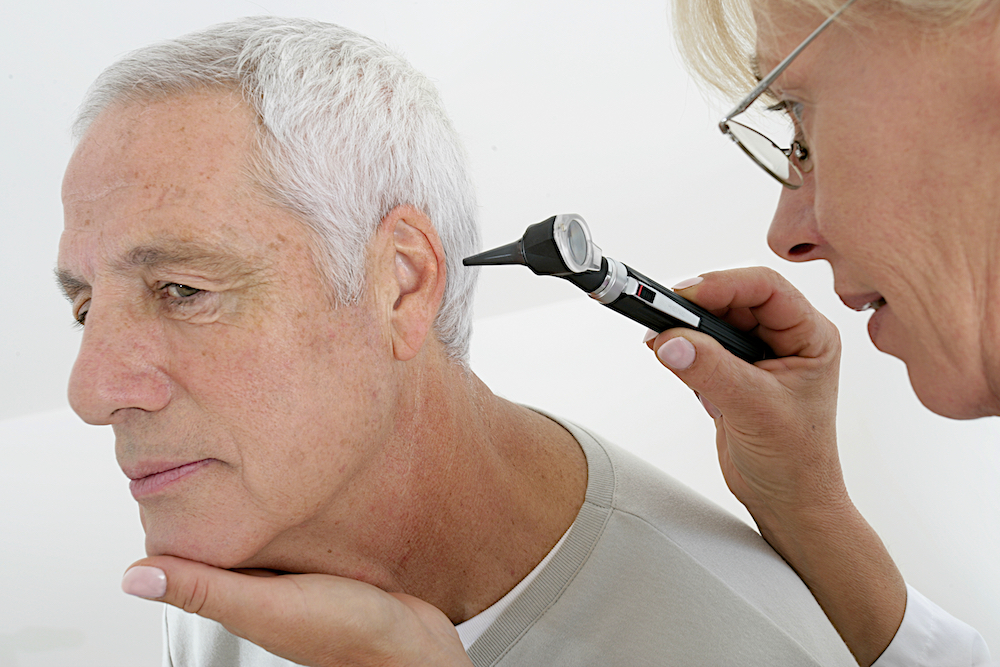What Are Earmolds, and How Do They Work?
If you have noticed that you are experiencing an increased level of


If you have noticed that you are experiencing an increased level of

Hearing loss can be caused by a number of things. One of the most common,

Has your audiologist recently asked you to relax in front of a strange